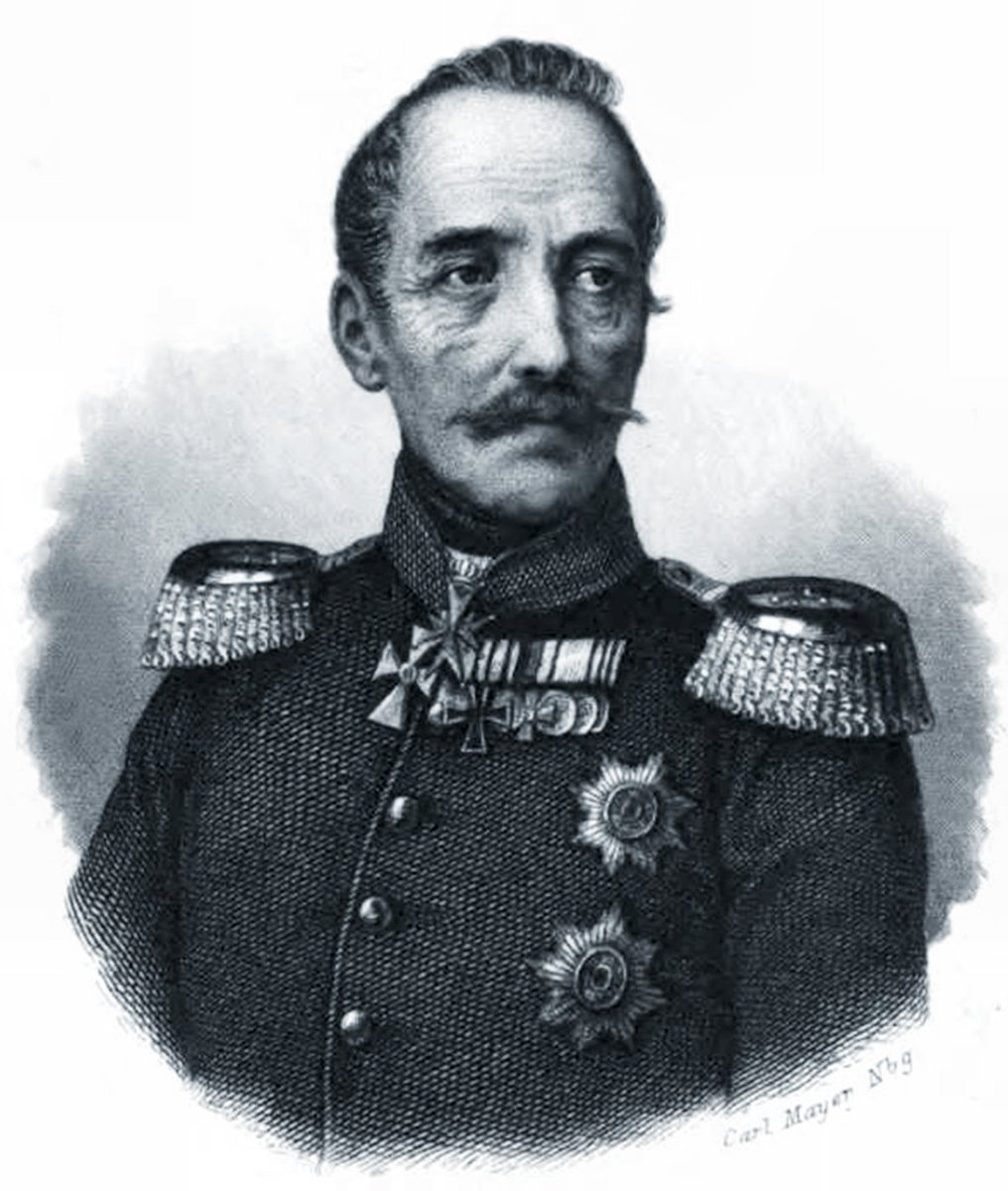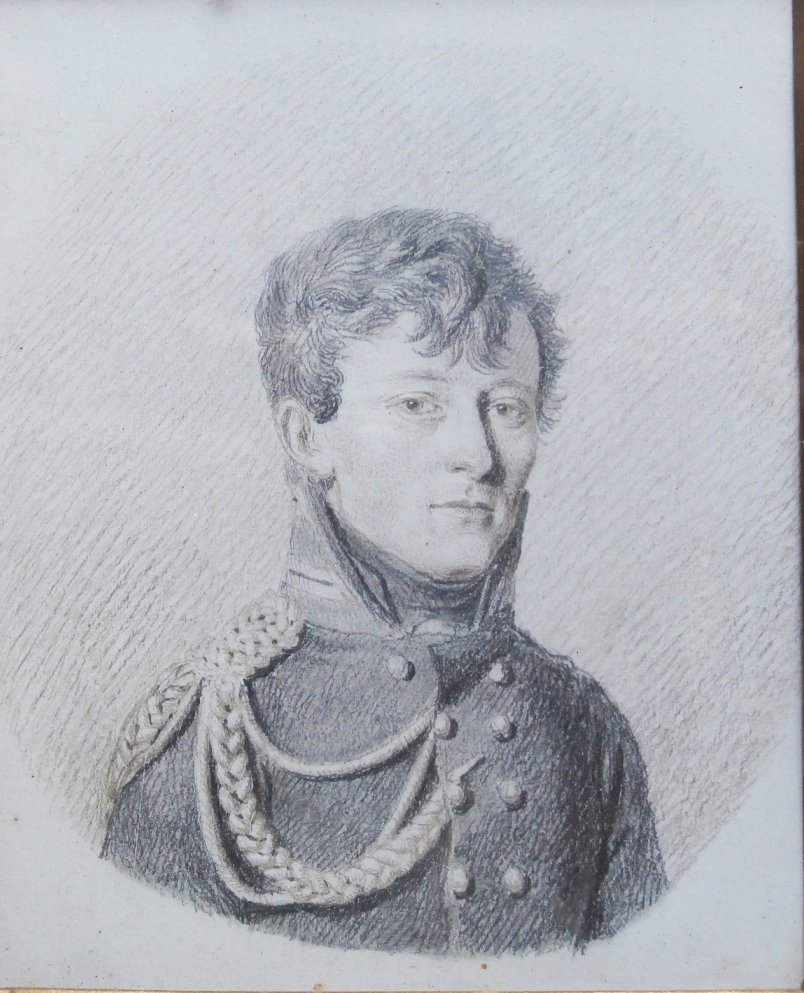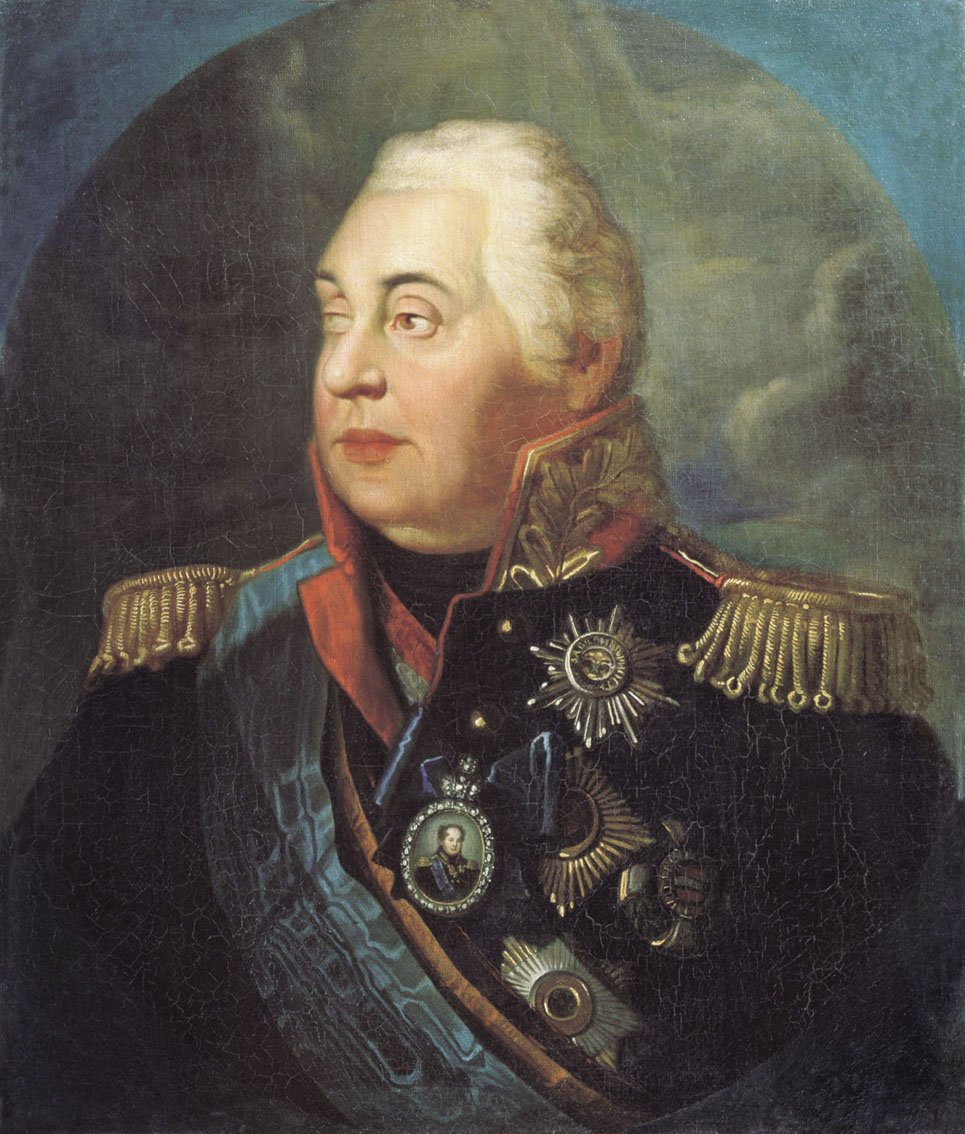
#OTD 25 December, 1812, on Christmas day, Poniatowski and all the Polish corps returned to Warsaw.
Near Koltiniany, the first round of peace negotiation, mediated by Clausewitz, was opened up between Yorck and Diebitsch.
#Voicesfrom1812
Near Koltiniany, the first round of peace negotiation, mediated by Clausewitz, was opened up between Yorck and Diebitsch.
#Voicesfrom1812

Poniatowski was seriously wounded in Smolensk and remained inactive thereafter. Travelling on his carriage, he quelled boredom by reading an extremely absorbing book he had picked up in Moscow.
To our disappointment, its title remains unknown.
(Zamoyski)
To our disappointment, its title remains unknown.
(Zamoyski)
It was already Christmas when he finally saw his homeland again. Driving an open sledge with his adjutant Arthur Potocki, the general still suffered from a nervous fever.
Countess Potocka, who witnessed his long-awaited return, stated that he was "one of the last to come back."
Countess Potocka, who witnessed his long-awaited return, stated that he was "one of the last to come back."
It was obvious that he had undergone "a long and severe journey." Having twisted his foot while dismounting from a horse, he was "experiencing great pain at the least jolt."
At the joyous news of the Polish Prince's arrival, the Countess ran down to see him and kiss his hands.
At the joyous news of the Polish Prince's arrival, the Countess ran down to see him and kiss his hands.
She described how Poniatowski was seized with an insurmountable anguish:
"His features, overcast by his sufferings, expressed more mental than physical pain. He bitterly deplored the splendid army which had been cut to pieces under his very eyes."
"His features, overcast by his sufferings, expressed more mental than physical pain. He bitterly deplored the splendid army which had been cut to pieces under his very eyes."

During the first half of the campaign, his V Corps, alongside Davout [I] and Reynier's [VIII], had suffered the worst of attrition. They were obliged to make up for the delay caused by Jerome with forced marches to pursue Bagration.
Napoleon, however, did not reciprocate the Prince's sacrifices with due respect. To this representative of the state he claimed to be fighting for, the French Emperor threw a barrage of insults after each failed attempt to pin down the Russians.
Even during operations, the Poles were often loaded with pathfinding tasks across no man's lands.
But what agonized Poniatowski the most would have been what Napoleon's defeat signified for the fate of his country, currently the Dutchy of Warsaw.
But what agonized Poniatowski the most would have been what Napoleon's defeat signified for the fate of his country, currently the Dutchy of Warsaw.
Trying not to let his grief spread into the city, he stated that "his sojourn in Warsaw would be brief," and that "once the remnants of the Polish army were gathered together, he would actively take the reorganization of the troops in hand." (Potocka) 

With his characteristic decorum, he alluded to Schwarzenberg's defection by saying that the Austrians were "less affable than the French, but perfect dancers." With hindsight about the 'dancing congress' of Vienna, his remark becomes extremely interesting.
Macdonald and Yorck were retreating free from Diebitsch, who had falsely assumed them to be marching on the Memel-Königsberg Road.
But the Russian General, after receiving a contradictory intelligence on the 23rd, suddenly turned back to the Tilsit road.
(Clausewitz)
But the Russian General, after receiving a contradictory intelligence on the 23rd, suddenly turned back to the Tilsit road.
(Clausewitz)
At 10 a.m. on the 25th, near Koltiniany, Diebitsch's vanguard ran into "some Prussian sutlers belonging to Massenbach's corps" who informed the Russians that only Kleist's rearguard "of two squadrons of Hussars and two companies of Jagers were still behind." (Ibid) 

At the time, Macdonald was at Wainuti, and Grandjean at Tauroggen, both about six miles away from the Prussian corps behind them.
Seeing Kleist's position clearly in jeopardy, Diebitsch decided to coax the Prussians away from the lost cause.
(Ibid, Wilson)
Seeing Kleist's position clearly in jeopardy, Diebitsch decided to coax the Prussians away from the lost cause.
(Ibid, Wilson)
Diebitsch, like "a player in ombre, to play a small trump," persuaded Lieutenant-General von Clausewitz, a Prussian in the Russian army, to offer a flag of truce to Kleist.
Clausewitz consented under the condition that he be accompanied by a Livonian or a Courlander officer.
Clausewitz consented under the condition that he be accompanied by a Livonian or a Courlander officer.

His request was granted. He was dispatched to Kleist's headquarter with Major von Reune, only to be turned away. Kleist wished to adjourn the conference to the evening when his commander, Yorck, arrives.
(Clausewitz)
(Clausewitz)
In the same morning, Major Friedrich zu Dohna, Scharnhorst's son-in-law in the Russian army, visited Yorck's headquarter. Dohna handed him a letter from the Tsar, delivered via Palucci, stating that Russia would continue fighting to restore Prussia as a great power. (Leggiere) 

The meeting, attended by Diebitsch, Clausewitz, and Yorck, was held late in the evening. Diebitsch politely communicated to him "the exact extent of force at his disposal" and discussed "the total destruction of the French Army." (Clausewitz)
He tried to convince Yorck that Tsar Alexander had instructed the Russian officers to treat the Prussians "with reference to former friendly relations, and the likelihood of their early renewal" and "to adopt every means of promoting such an accommodation." (Ibid)
The first meeting, ended at 10 p.m., did not reap significant results. As Yorck again postponed his decision, the only agreements made were:
1) A halt to all "military attempt"
2) Permission for Yorck to make a reconnaissance and a march on Lawkovo on the next morning.
1) A halt to all "military attempt"
2) Permission for Yorck to make a reconnaissance and a march on Lawkovo on the next morning.
Yorck, still unwilling to trust the enemy, offered a bargain:
"You have a number of Prussian officers with you-send me one of them in future, and I shall have more confidence."
Clausewitz, again sent as the medium between the two generals, warned Diebitsch of Yorck's cunning.
"You have a number of Prussian officers with you-send me one of them in future, and I shall have more confidence."
Clausewitz, again sent as the medium between the two generals, warned Diebitsch of Yorck's cunning.
The tactician's gut feeling proved right, for as soon as the two dismounted at a village house, they heard pistol shots from their rear.
It was Captain Weiss' dragoons sent by Massenbach.
"For the moment we were left in complete uncertainty," wrote Clausewitz.
It was Captain Weiss' dragoons sent by Massenbach.
"For the moment we were left in complete uncertainty," wrote Clausewitz.

-The End-
@threadreaderapp Unroll!
• • •
Missing some Tweet in this thread? You can try to
force a refresh










